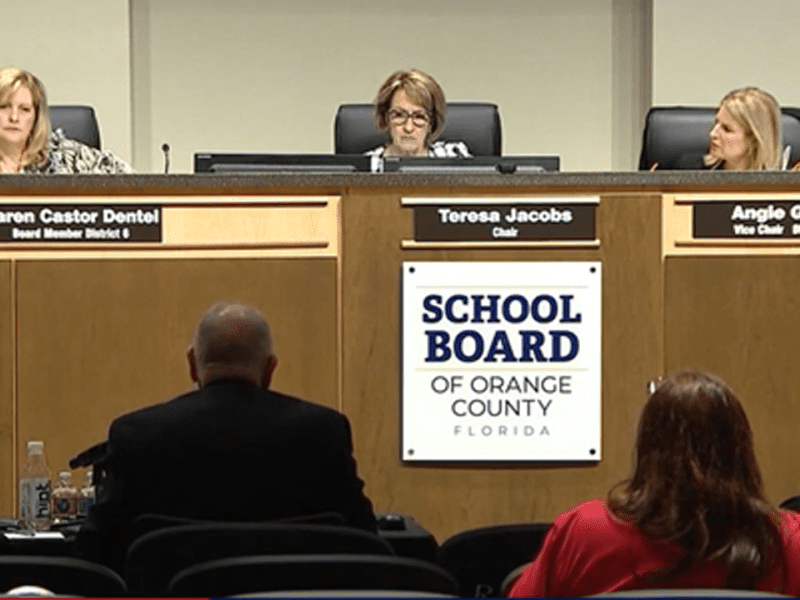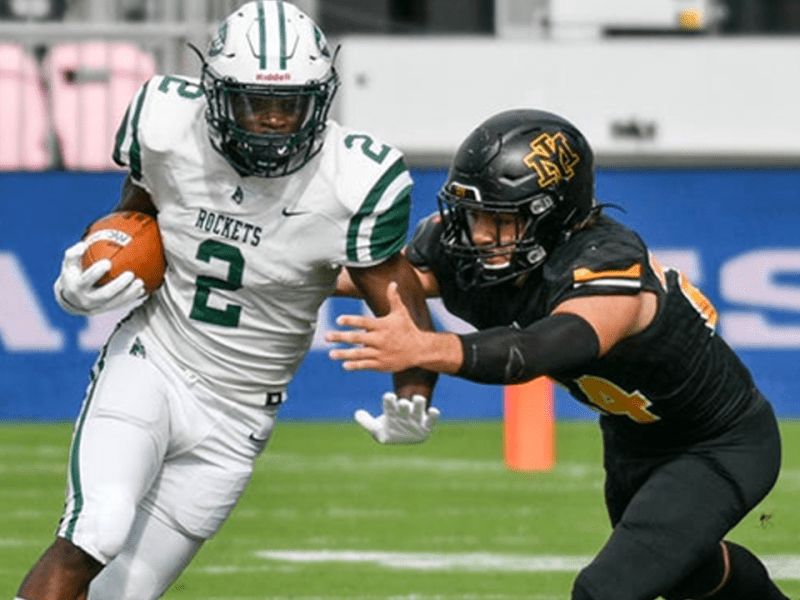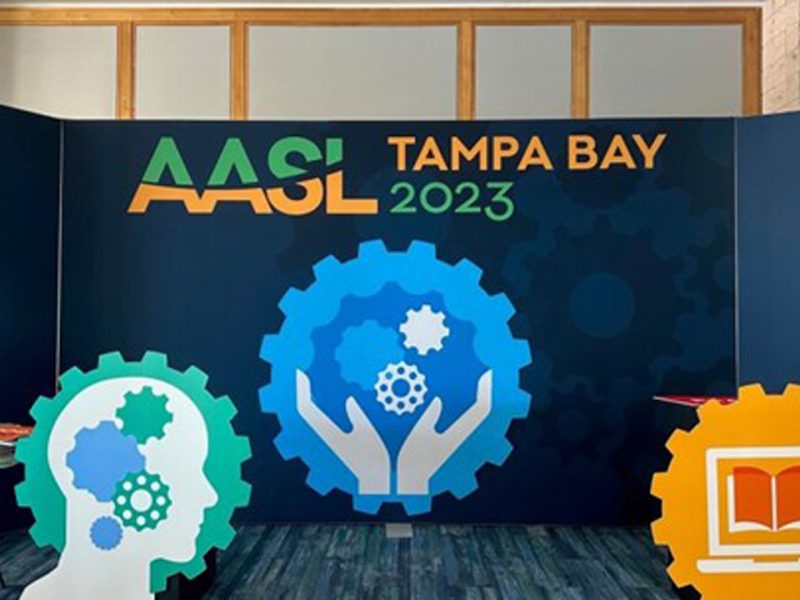Standing with Gavin Grimm and All LGBTQIA+ Students
Latinos for Education | By Dr. Daniel Velasco, COO | July 6, 2021
When Gavin Grimm came out as transgender, his local school board denied him the right to use the bathroom that matched his identity. Gavin challenged this decision, and finally, the Supreme Court of the United States upheld his case. While this is a win for LGBTQIA+ students, it is a reminder of how much more work has to be done to achieve true equity in our schools.
Let’s be clear. Adults bullying, denigrating, or marginalizing children is never okay. Especially when those adults are tasked with providing all children with access to equitable educational spaces.
Yet, there are many school committees and state legislatures out there that continue to undermine the dignity, humanity, and rights of queer and trans students. In my own state of Florida, for instance, a bill was recently adopted to ban trans students from participating in sports programs that align with their gender identity.
While I’m disappointed this is the reality we’re faced with, it serves as an impetus for the work I do. We know 91% of LGBTQIA+ students report at least one experience of bias-based bullying during their academic journey. I know that for queer Latinx students, the circumstances can be even more challenging, as they navigate the intersection of their race, sexuality, culture, and gender identity.
We have a responsibility as educators and school leaders and we can work to create more inclusive and welcoming spaces for these students. It is the role of educators in the system to create environments where all children can learn, and making space for students to be accepted and affirmed can cultivate a more productive learning experience for all children. If we seek to provide educational environments where trans identities can be seen and celebrated, we will create schools where children of all other historically marginalized or “othered” classes can learn and even thrive.
One such strategy research points to, is the presence of Gay Straight Alliances (GSA) in schools, which is associated with less bullying of students for their weight, gender, religion, disability and sexuality. As educators and policy-makers, we can sponsor and support these types of groups, and subsequently foster acceptance and inclusion both in and outside of the classroom. While public opinion may have shifted in favor of the LGBTQIA+ community, the lived experiences of our youth remind us there is work to be done.
Displaying “safe space” stickers in classrooms and creating allied spaces matters – not only during pride month – because there are children out there every day who may still think they’re better off dead than being queer.
School districts should also invest in resources to train staff and students alike on LGBTQIA+ issues. This includes anti-bias training and education on gender identity and pronoun usage. If we are going to be intentional about creating safe spaces for kids, then we need the tools and resources to do that. Sometimes, that might even mean providing resources to family members, too. There are already organizations like GLSEN, ACLU, and PFLAG that have done the work for us by providing guidelines for policies and practices that can support LGBTQIA+ students. We should uplift this work, and direct students, parents, families and other educators to these resources so that they can be better informed about how to support and affirm queer student children in schools. Many of them provide resources in Spanish and embrace the Latinx community whole-heartedly in their programming.
Finally, let’s keep adults from bullying our kids. When policies are being debated by school committees and boards that shame students for their sexuality, or minimize their humanity; educators, school leaders, and community members must speak out against these policies to show support for LGBTQIA+ students. Gavin said when meetings were being held to discuss what bathroom he should use, he “felt very small, because… the majority of individuals who were in there were not very positive towards me.” That should not be the case for our students, and we can change that by showing solidarity when our students are being attacked.
While I celebrate Gavin Grimm’s victory, I’m thinking about all the other kids out there that can’t play for their school’s baseball team. I’m thinking of the student who is forced to use their deadname on a school ID card, or the student who doesn’t have any support groups after school to turn to. I hope that as educators, leaders, parents, policy makers and community members, we can just be better. It’s the right thing to do. Let’s move the needle and push for more affirming and inclusive environments for children.






